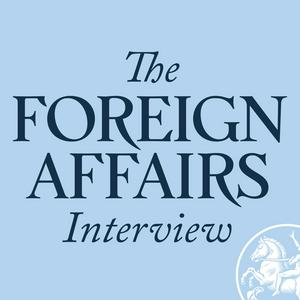February 24 marks the fourth anniversary of Russia’s full-scale invasion of Ukraine. After Moscow’s initial onslaught, Ukrainian counteroffensives, and slow Russian gains since, the war has settled into a brutal pattern of attrition, adaptation, and endurance. Ukrainian cities are rationing electricity, as the Ukrainian military struggles to muster the manpower and munitions needed to gain a decisive edge. Meanwhile, the battlefield has become a hellscape of drones and artillery fire—with no clear breakthrough for either side in sight.
Michael Kofman has been one of the sharpest observers and analysts of the changing nature of the war, from Russia’s troop buildup in late 2021 to the present, in the pages of Foreign Affairs and elsewhere. He has also considered the geopolitical implications of each new phase of fighting—what the continued threat of a belligerent Russia means for the West, and how Ukraine’s allies can prepare it for sustained conflict. Now, as the war enters its fifth year, Kofman, a senior fellow at the Carnegie Endowment for International Peace, argues that “Russia retains battlefield advantages, but they have not proved decisive, and more and more, time is working against Moscow.” “Yet ending the conflict on terms acceptable to Ukraine,” he writes, “will not be an easy feat, either.”
In this special bonus episode, Dan Kurtz-Phelan spoke with Kofman on Wednesday, February 18 about where the war stands four years in, and how it might change in the weeks and months ahead.
You can find sources, transcripts, and more episodes of The Foreign Affairs Interview at https://www.foreignaffairs.com/podcasts/foreign-affairs-interview.


